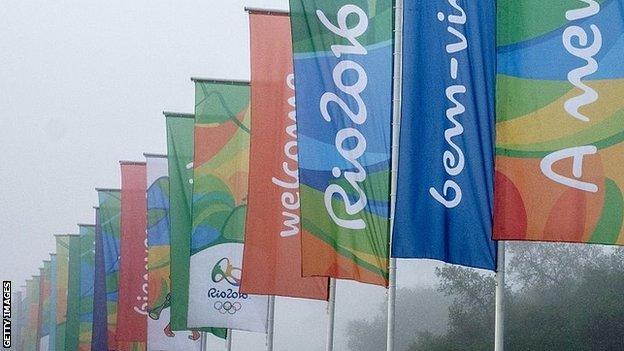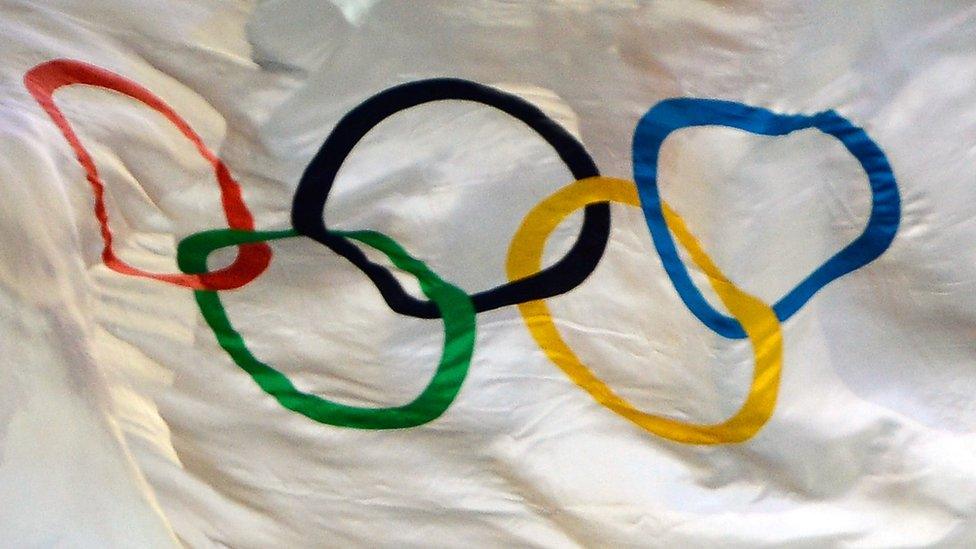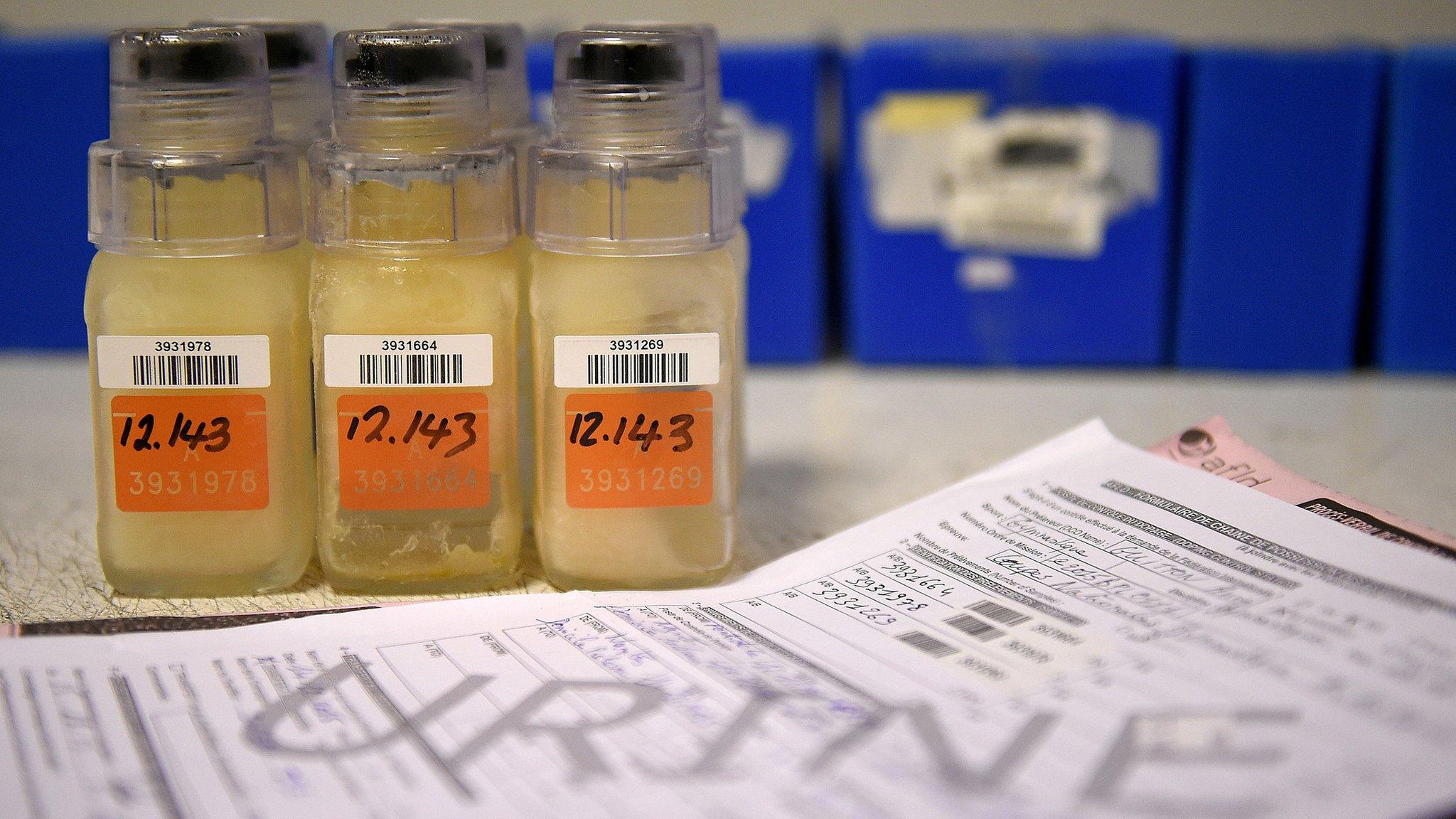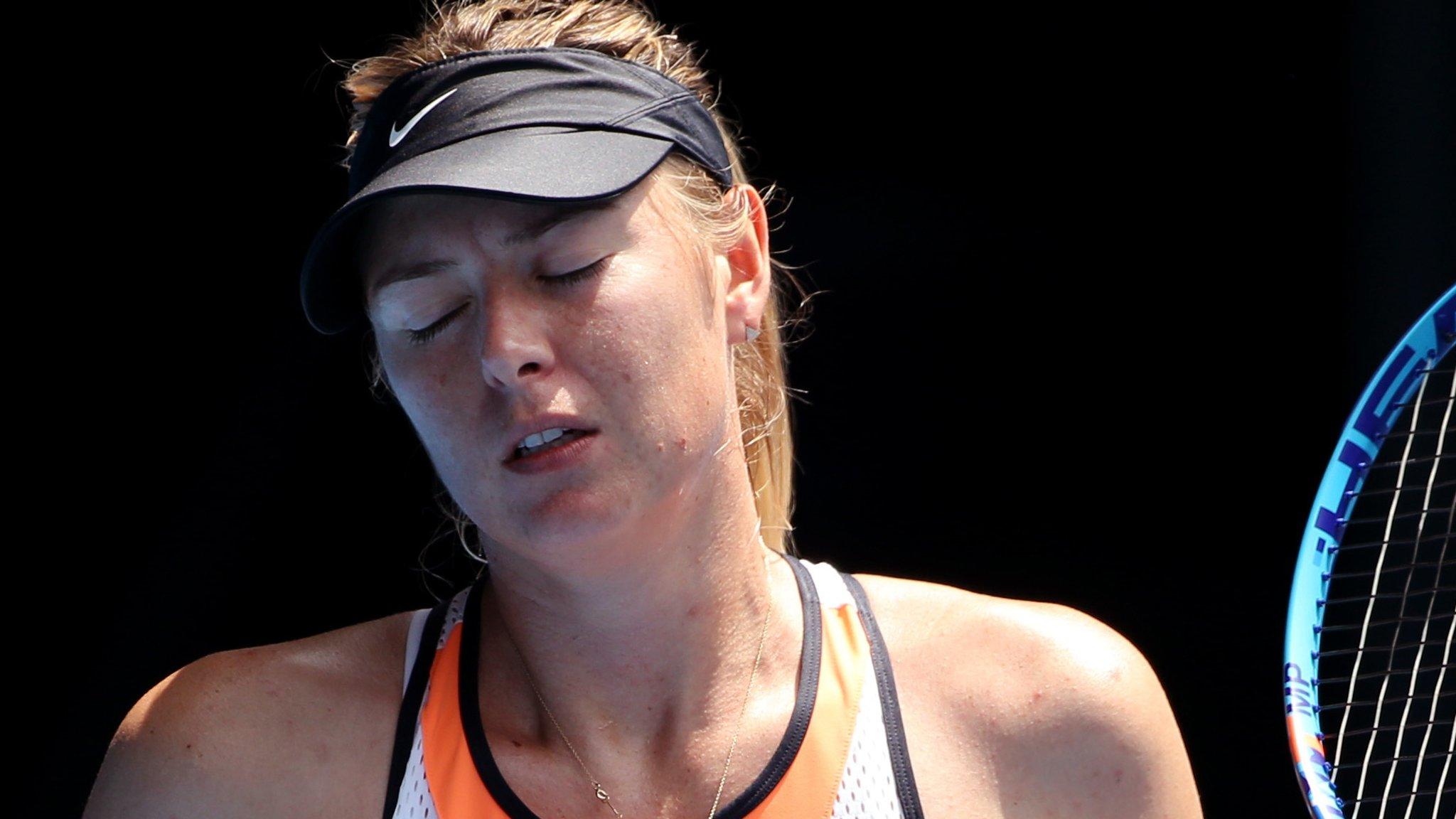Rio 2016: International Olympic Committee failed clean athletes, says anti-doping body
- Published

The IOC is due to host an Olympic summit in Lausanne on Saturday
The International Olympic Committee (IOC) has been accused of "failing the clean athletes of the world" at Rio.
The Institute of National Anti-Doping Organisations (Inado) says the governing body "lost the anti-doping battle" before August's Olympics began.
The IOC allowed sports federations to decide whether Russians should compete following allegations of a state-sponsored doping programme.
The International Paralympic Committee (IPC), however, imposed a blanket ban.
Inado, a 59-member group of anti-doping bodies including UK Anti-Doping, said the IPC "did not make the same mistakes" as the IOC at Rio.
In a statement, Inado said the IOC had ignored its "own calls for harmony and independence" as well as the World Anti-Doping Agency's (Wada) recommendation of a complete ban on Russians from the Olympics.
More than 270 Russians were cleared to compete at Rio after a three-person IOC panel ratified the individual governing bodies' decisions on who was eligible.
Inado compared Russians competing in Rio to Canadian sprinter Ben Johnson being disqualified for doping at Seoul in 1988 after breaking the 100m world record in the final.
"Just as the 1988 Seoul Olympics are remembered for Ben Johnson's infamy, this year's Games will be remembered for the participation of athletes served by a Russian system that corrupted clean sport," it said.
"Equally disappointing, in the eyes of many, the IOC chose to associate itself with such a system by failing to reject it categorically."
However, it said the IOC could redeem itself before the 2018 Winter Olympic Games in Pyeongchang, South Korea.
A starting point, it said, would be to recognise that the findings of the McLaren report, the Wada-commissioned investigation which revealed the state-sponsored doping, were well-documented and reliable.
The IOC has been re-analysing tests from the London 2012 and Beijing 2008 Olympic Games.
On Thursday, it retrospectively banned Russian high jumper Anna Chicherova after she returned a positive retest from the 2008 Games.
Chicherova, 34, took bronze in Beijing, ahead of compatriot Yelena Slesarenko.
- Published22 July 2016

- Published5 October 2016

- Published30 September 2016
